More like this...
Metal Walker Gameboy game
During the late 90s and early 2000s, the explosion of Pokémon's popularity cast a long shadow over the landscape of video games, shaping the discourse for years to come. Any game aspiring to capitalize on the phenomenon or even those bearing slight resemblances to the media juggernaut found themselves subjected to relentless comparisons and scrutiny from both gamers and critics alike. Capcom's Metal Walker (Bakusou Senki Metal Walker GB: Kotetsu no Yuujou in Japan) was among the titles fated to dwell in the shadow of Pokémon, launching just four months after Pokémon Gold and Silver in the US (February 2001) and a mere month after in Japan (December 24th, 1999).
While the game garnered favorable reviews from critics, it often faced criticism for its perceived imitation of Nintendo's iconic franchise. However, such critiques fail to do justice to Metal Walker, which boasts a wealth of creative ideas executed in a manner more akin to Custom Robo or Medabots than Pokémon.
Metal Walker's origins trace back to an LCD pedometer game released exclusively in Japan in October 1998, akin to Pokémon's Pocket Pikachu or Digimon's Digivice. Players engaged in battles by walking, raising their Metal Walker's stats, and collecting items for evolution. These concepts served as the foundation for the Game Boy Color adaptation, although the pedometer lacked connectivity with the GBC game, unlike the Pocket Pikachu. Supported by a toy line and a manga adaptation closely following the game's plot, Metal Walker showcased the talents of Takao Aoki, renowned for the Beyblade manga series.
The game unfolds in the desolate realm of the Rusted Land, scarred by a catastrophic incident 50 years prior, where Core Units, enigmatic metals with evolutionary properties, hold sway. Players assume the role of Tetto, a Core Hunter on a quest to locate his missing father amidst the chaos of Metal Busters, hostile robots roaming the land. While the narrative serves as a backdrop for exploration, it falls short in depth and character development, hindered by stilted dialogue and predictable twists.
Metal Walker distinguishes itself through its innovative "Flip Battles" system, reminiscent of billiards, where players strategically launch their Metal Walkers to collide with foes. Each turn presents opportunities to calculate power and angle, with different Metal Walkers reacting uniquely based on weight. The addition of capsules, deployed randomly each turn, adds depth to battles, offering diverse effects from powerful attacks to terrain alterations.
However, Metal Walker's strengths are offset by design flaws, notably an excessive encounter rate that hampers exploration and repetitive environments that dull the experience. Despite these shortcomings, the game's visual design shines in battle sequences, featuring detailed illustrations of Metal Walkers and Busters, albeit accompanied by lackluster music.
Capcom's ambitions for Metal Walker as a franchise failed to materialize, relegating the game to obscurity. Yet, its blend of RPG mechanics with billiards-inspired gameplay remains a testament to its uniqueness. While Metal Walker may not appeal to all RPG enthusiasts today, it stands as a relic of a bygone era, offering a glimpse into Capcom's diverse catalog and the untapped potential of blending genres.
Game category: Gameboy games
Recently played
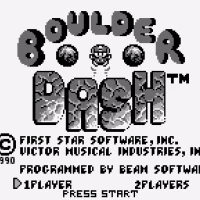
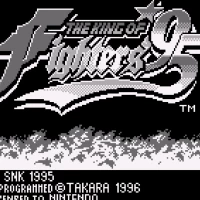

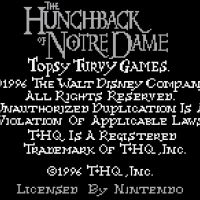
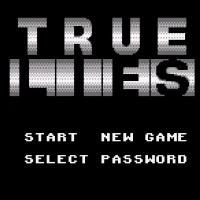
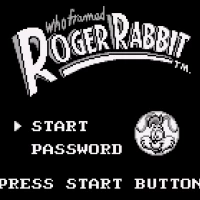

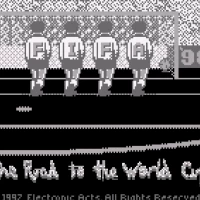
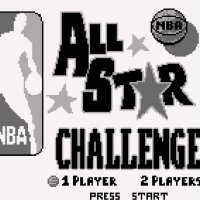


Comments